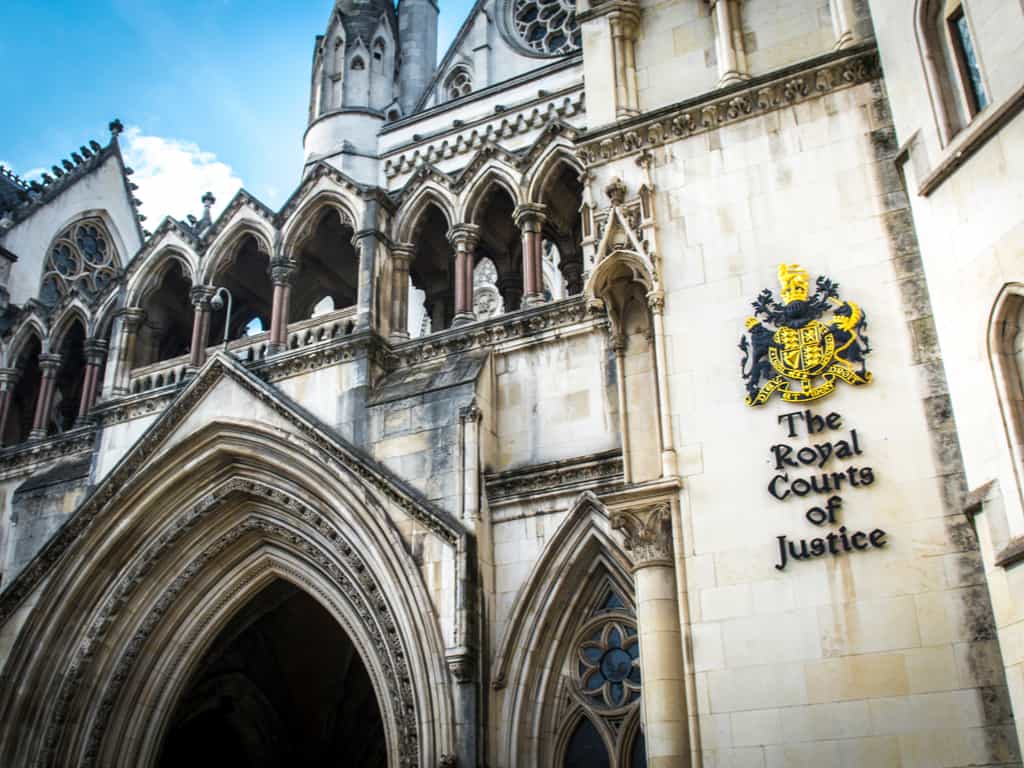Compromise agreements: could your organisation be writing a blank cheque for the legal costs incurred by ex-employees?
In the case of Andrew Coulson v News Group Newspapers Ltd [2012] EWCA Civ 1547, the Court of Appeal ordered News International (NI) to pay the substantial legal fees of Andy Coulson, the former Editor of the News of the World (‘NoW’). The Court of Appeal overturned a High Court decision and held that NI was liable to pay Mr Coulson’s legal costs and expenses from the moment he was arrested on phone-hacking charges last year. The Court also ruled that NI was liable Mr Coulson’s defence costs relating to charges brought over alleged illegal payments to public officials and his costs up to and including his trial in September 2013.
On the termination of Mr Coulson’s employment, he signed a compromise agreement which included an indemnity clause to “pay any reasonable professional (including, without limitation, legal and accounting) costs and expenses properly incurred by Mr Coulson after the Termination Date”. The Court of Appeal upheld Mr Coulson’s claim that pursuant to the compromise agreement, the company was obliged to pay the professional costs and expenses in defending allegations of conspiracy unlawfully to intercept communications.
Employers need to make sure their compromise agreements carefully and accurately describe the circumstances where they indemnify an employee to any extent after employment ends. There is usually no obligation to provide an indemnity, but where one is given, failing to consider its extent or limit its application could have unforeseen and costly implications.
For further information on compromise agreements, or if you require advice on the terms and effect of a compromise agreement, please call our specialist employment law solicitors and expert compromise agreement lawyers today on 020 3950 5234 or email info@rllaw.co.uk.



